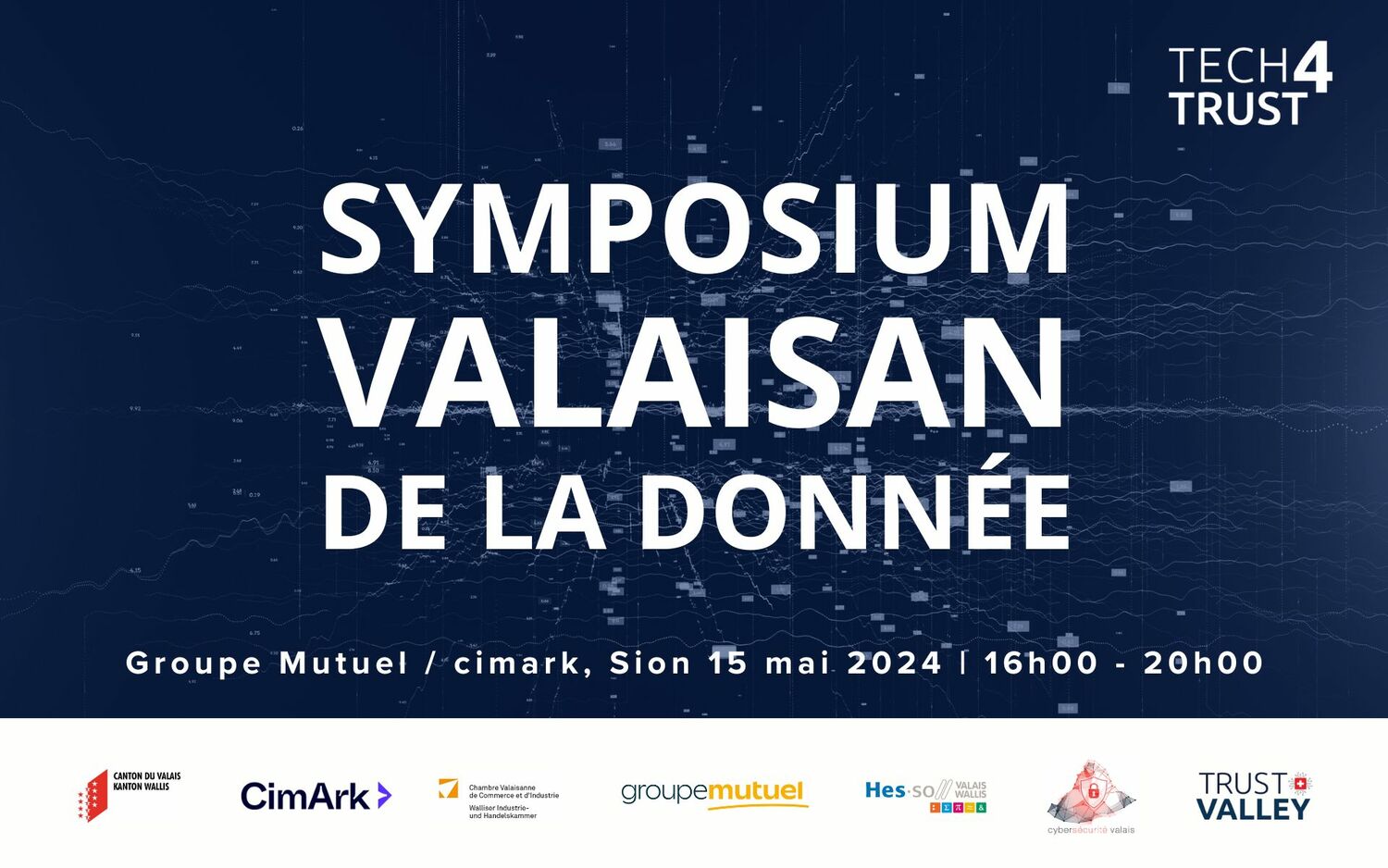
Jointly organized by Trust Valley and Groupe Mutuel, the Symposium Valais is part of the Tech4Trust Roadshow event series, which supports startups in the field of cybersecurity and digital trust. C4DT’s own Prof. Jean-Pierre Hubaux will be keynoting the event. During this Roadshow, expect insightful panel discussions and engaging startup pitches, and discover the issues and challenges related to Ethical & Explainable AI, economy of data, data privacy, data security.
DISCO-DHRIVE is developing a privacy-preserving collaborative learning platform using AI. It allows the building of AI models across different locations without the need to share sensitive data. Tailored to meet ICRC’s unique challenges, including resource scarcity and stringent data confidentiality, the project integrates federated and distributed learning. This approach enables the extraction of valuable insights from sensitive data without compromising their security.
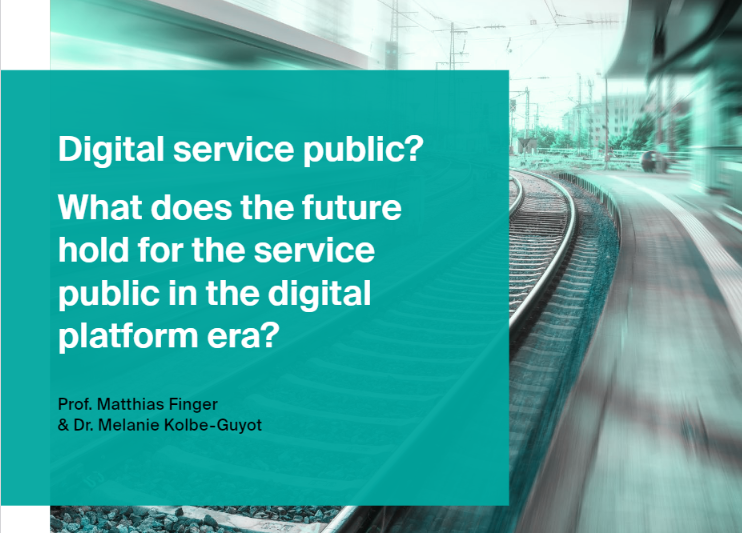
What does the future hold for the service public in the digital platform era? Check out the first edition of our Insight, by Prof. Matthias Finger & Dr. Melanie Kolbe-Guyot.

Six years ago, EPFL rolled out an e-voting platform developed by Bryan Ford’s DEDIS lab for its internal elections [2]. The then newly-formed Center for Digital Trust (C4DT) brought this project as one of the first under the umbrella of its Digital-Trust Open Platform, the precursor to what is today the C4DT Factory – (…)

In this policy paper, Matthias Finger and Melanie Kolbe-Guyot unpack the challenges that digital platforms bring to traditional service public sectors. They suggest actionable strategies for policymakers to ensure accessibility, affordability, and sustainability of the existing physical service public offerings.

Inspired by the panel session at this year’s “AI House” panel session on “Transparency in Artificial Intelligence”, this write up very informally summarizes Imad Aad’s thoughts about transparency and trust in AI. It is aimed at readers with all backgrounds, including those who had little or no exposure to AI so far.
This project underscores the need for a paradigm shift in data privacy policies, acknowledging the inherent trade-off between data utility and privacy that current Privacy Enhancing Technologies (PETs) cannot fully mitigate. It highlights the limitations of PETs and the systemic responsibility issues within the data supply chain, where technology producers often evade accountability. Consequently, a shift towards a data-use case-centric evaluation framework is recommended, one that prioritizes utility while minimizing leakage through nuanced risk assessments. Finally, the porject calls for greater transparency and a redefined accountability structure in the data sharing ecosystem.
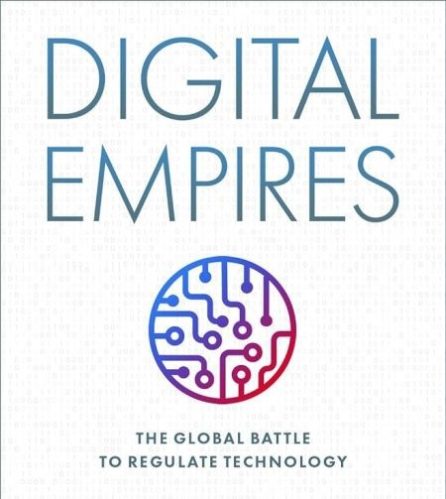
This book offers an in-depth, objective analysis of the three dominant regulatory models for digitalization—market-driven by the US, state-driven by China, and citizen-driven by the EU—and their global impacts on data, digital platforms, and the internet, highlighting the current geo-political struggles and possible future scenarios.
The slowdown in Moore’s Law has pushed high-end GPUs towards narrow number formats to improve logic density. This introduces new challenges for accurate Deep Neural Network (DNN) training and inference. Our research aims to bring novel solutions to the challenges introduced by ubiquitous ever-growing DNN models and datasets. Our proposal targets building DNN platforms that are optimal in performance/Watt across a broad class of workloads and improve utility by unifying the infrastructure for both training models and inference tasks.
The C4DT Factory team selected some Privacy Enhancing Technology (PET) links for you. They are all related to digital trust: security, privacy, trust in general, we have you covered!

This is the 1st part of a series of articles: The Swiss Confederation E-ID Public Sandbox Trust Infrastructure The Swiss E-ID Journey C4DT Demonstrator using the Swiss Public Sandbox Trust Infrastructure Empowering Digital Identities: The SSI Protocol Landscape Switzerland’s E-ID journey so far In 2021, the Swiss E-ID law proposition was rejected by a public (…)

Switzerland’s E-ID journey so far In 2021, the Swiss E-ID law proposition was rejected by a public referendum. The reason for the refusal was due to privacy concerns in the implementation and management of that system. In a nutshell, the idea that a private entity would be in control of users’ data was frowned upon. (…)
May/June [tbc}, 2024, 10h00-12h00online Introduction The adoption of multicloud architectures is a strategic response to evolving organizational needs in today’s digital landscape. Motivations for this transition include mitigating risks, such as disaster recovery and business continuity. Diversifying across multiple cloud providers enables organizations to weather potential service outages by seamlessly shifting services to maintain business (…)
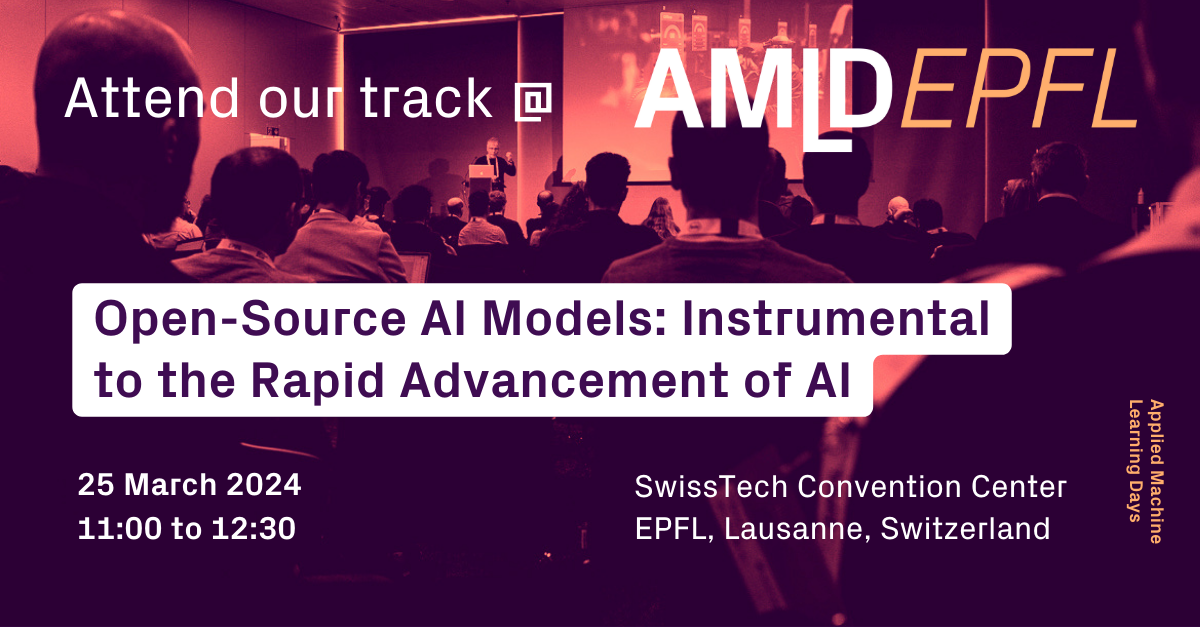
The Open-Source AI Models track draws attention to the pivotal role that open-source AI models play in the responsible development of artificial intelligence and highlights the challenges that this field faces, including ethical and responsible usage of AI models, sustainability, and licensing and legal issues.
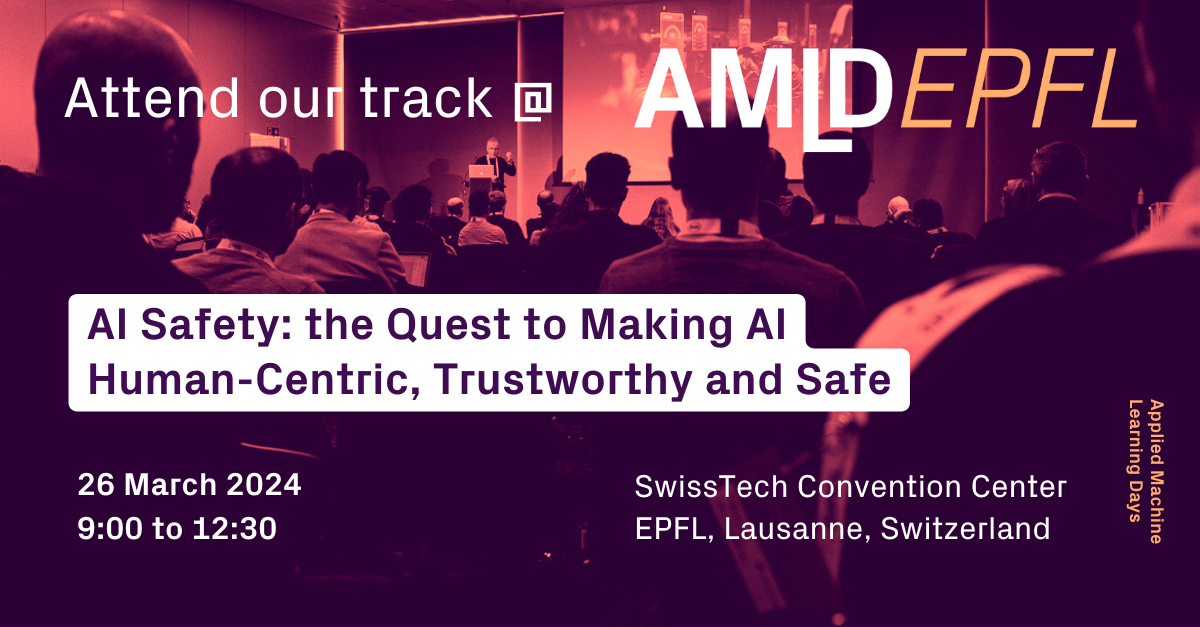
The AI Safety track addresses the pressing need for responsible AI usage beyond sensationalized risks. While global leaders address extreme threats, the track spotlights often-overlooked but crucial challenges, such as bias mitigation, individuals’ privacy protection, generation of inaccurate or fabricated information, and AI alignment with human values. It serves as a platform for experts from diverse fields to share insights, tackle challenges, and suggest solutions for a safer, human-centric, and trustworthy AI future.

By Melanie Kolbe-Guyot, Head of Policy, C4DT It is no secret that we are in the midst of an intense technological rivalry among the great powers of the United States, China, and the European Union; a rivalry that encompasses economic, security, and geopolitical dimensions. The development, control, and weaponization of digital technologies has become (…)
February 29th, 2024, 10h00-11h45online Introduction In today’s rapidly evolving technological landscape, the adoption of private cloud solutions has become a strategic imperative for many organizations seeking enhanced security and control over their data. Additionally, by opting for an open-source cloud stack as the foundation of their private cloud solution, they commit to achieving greater transparency (…)
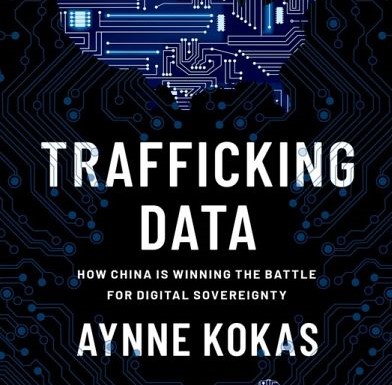
This book explores China’s agenda to establish itself as a cyber superpower through their strategic data governance approach, which, the author Aynne Kokas suggests, could pose a threat to global data autonomy.
Maya Frühauf of the Education Outreach Department of EPFL asked the C4DT to participate in a 1-day NFT workshop. The Collège Sismondi from Geneva organized a special “semaine informatique” for its students. The C4DT Factory prepared a hands-on workshop to show how to use NFTs. Habiba Zürcher created a project where the students made artwork (…)
The Glion Network of Centers is a global network of academic centers for digital trust established in 2023 to facilitate discussion and synergies among participating centers. The goals of this group are to: The Glion Summit, which takes place annually during the final week of August in Glion (an alpine village just above Montreux, Switzerland), (…)

Establishing trust in AI relies on transparency. To realize this goal, we must overcome three critical challenges. How do we cultivate open-source AI, crucial for community development? How do we ensure clarity on data used in model training, handling copyright and bias concerns? How do we promote explainability, clearly delineating where AI is applicable and where it lacks maturity for extensive use? Join our session for a comprehensive exploration of AI transparency and its impact on trust and technology acceptance.
The C4DT launches 3 different initiatives to promote and enable trustworthy and sovereign cloud computing. They build on C4DT’s Conference on Trustworthy and Sovereign Cloud Computing, which was held in September 2023 at the Starling Hotel in St.-Sulpice, and discussions with our partners and conference participants. Each initiative targets a different challenge: C4DT Cloud Initiatives (…)

Bring together the Swiss formal methods and verification community, especially students and post-docs, for a day of informal talks.
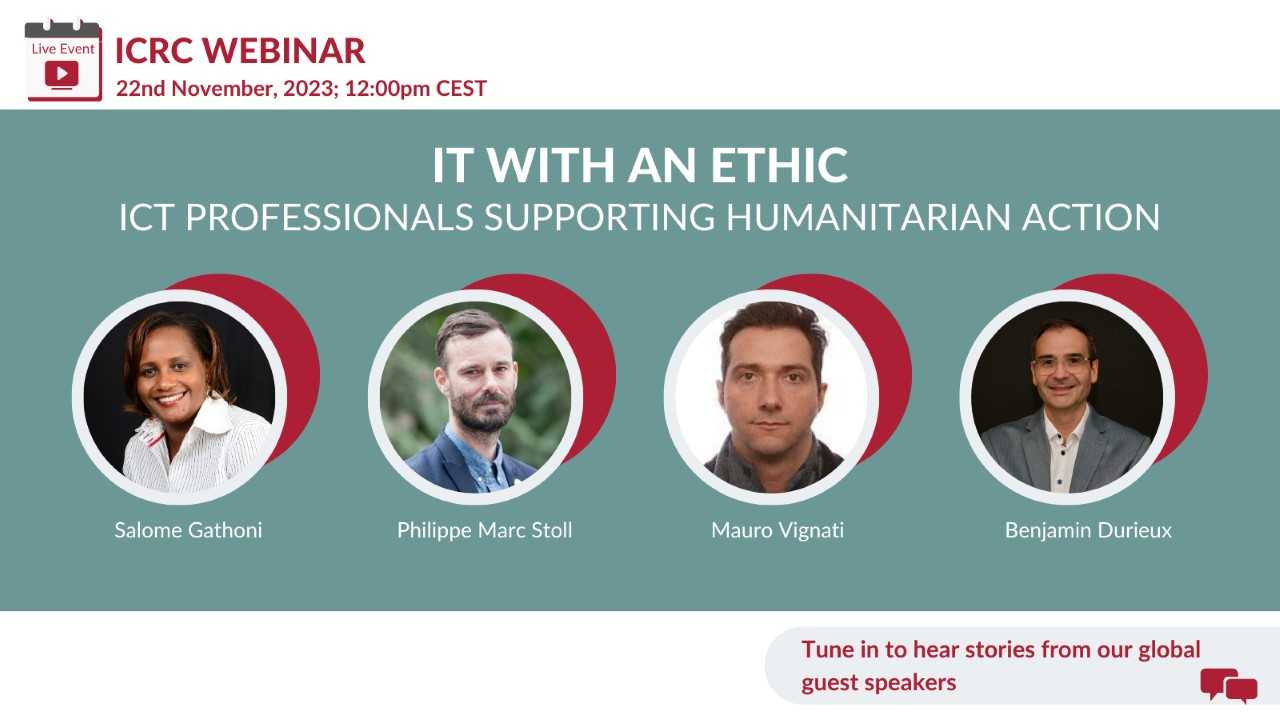
[English] Ethics are critical to the IT field. That is why The International Committee of the Red Cross (ICRC) works digitally towards preserving the trust of interlocutors and communities they serve in order to access affected areas. During this webinar, their goal is to tell you about their backgrounds and how they got to work in ICT and cybersecurity at the ICRC.












